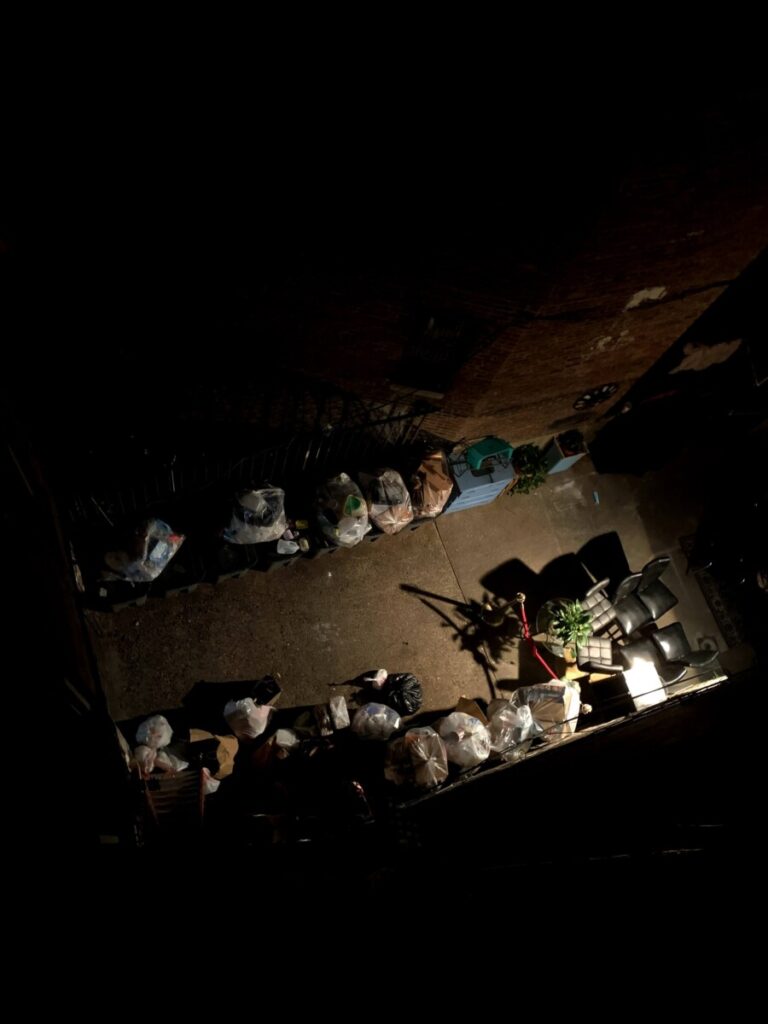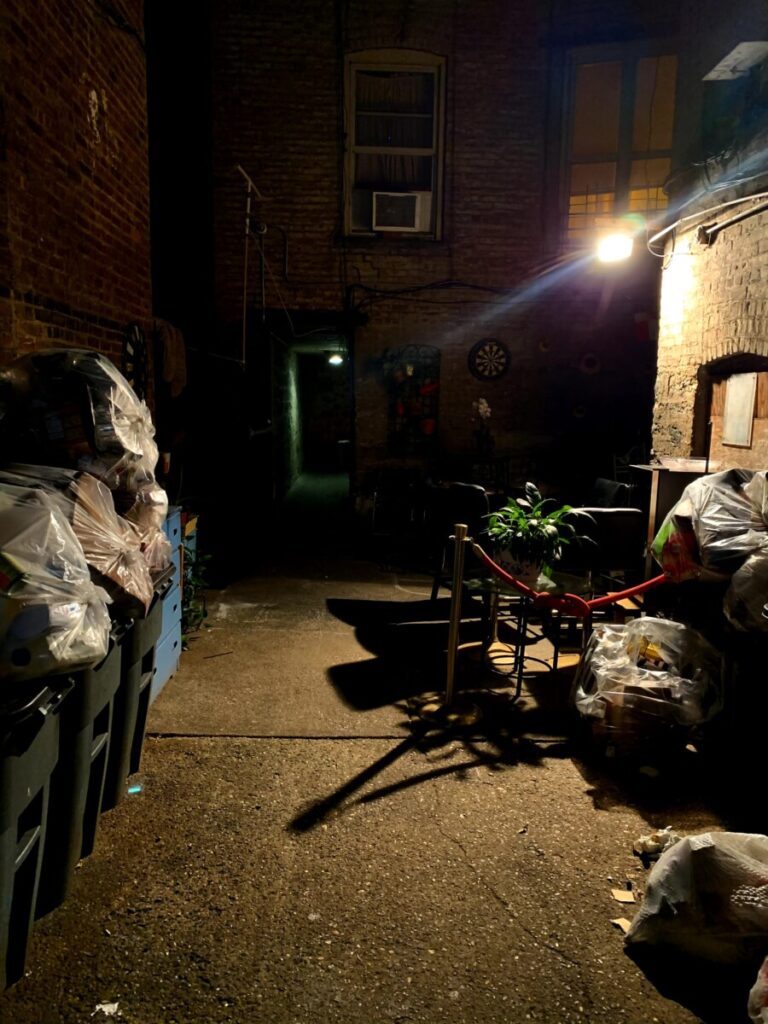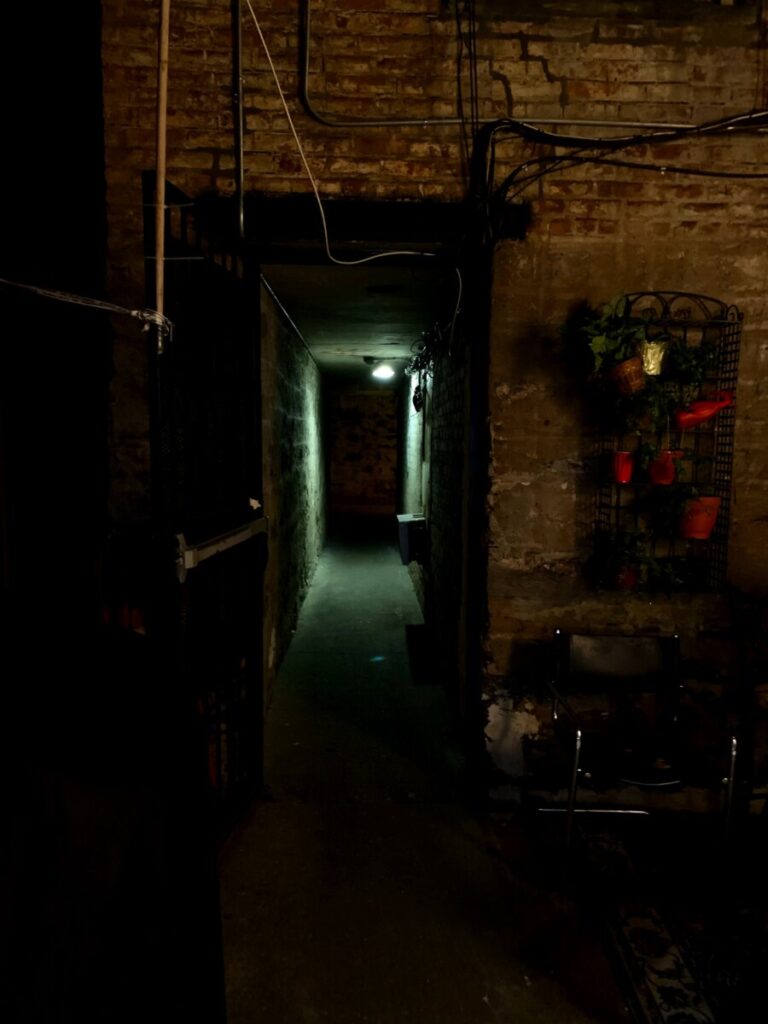Manuel Angel Barreras
Professor Scanlan
ENG 3407
13 November 2020
The Haunting Of Hill House
Within the novel “The Haunting Of Hill House”, a team of people are recruited by Dr. Mountage to investigate the supernatural forces that take place within the Hill House. In this specific team of people, there is Eleanor, Theodora, Dr. Montague himself, and Luke, the nephew of the current owner of the Hill House. Throughout the story, there were many cases of gothic terms being displayed based on different rooms and structures in the house itself, but also when it comes to the behavior of the characters towards specific events and unsettling moments that cause this. There are many gothic terms that can present themselves in this novel, but I chose to specifically focus on Vidler’s architectural uncanny and Todorov’s uncanny/fantastic.
In the novel, the Hill House makes itself known with its unsettling feeling and gives the character an understanding of the dynamic the house has. In chapter 2, when the characters are getting ready to go to the house, it is very noticeable based on the structure of the house what type of haunting feeling it exudes. According to “The Haunting Of Hill House”, it states “No human eye can isolate the unhappy coincidence of line and place which suggests evil in the face of a house, and yet somehow a maniac juxtaposition, a badly turned angle, some chance meeting of roof and sky, turned Hill House into a place of despair, more frightening because the face of Hill House seemed awake”(Jackson, 1959, Chapter 2, Pg 14). With this specific quotation, it is evident that Vidler’s definition of architectural uncanny is taking place because of the unsettling feeling that the look of Hill House gives, these characters have never been in this house but the outside structure essentially gives a creepy but alive projection based on the frontal structure of the house. In chapter 4, Eleanor is with the group exploring Hill House and they come across the library and experience frigid temperatures. According to “The Haunting Of Hill House”, it states “I can’t go in there,” Eleanor said, surprising herself, but she could not. She backed away, overwhelmed with the cold air of mold and earth which rushed at her. “My mother—” she said, not knowing what she wanted to tell them, and pressed herself against the wall” (Jackson, 1959, Chapter 4, Pg 48). Within this quotation, you are able to see once again Vidler’s architectural uncanny because of how the library itself should be a place of serenity and wisdom in a typical house, but Eleanor becomes overwhelmed by the temperature and the smell of mold in the library to the point that it makes her very uncomfortable and she decides to not enter.
During the group’s stay at the Hill House, it is apparent the type of enigmatic journey it becomes to understand and investigate the house. According to “The Haunting Of Hill House”, it states “It doesn’t seem like an impartial cold,” Eleanor said, awkward because she was not quite sure what she meant. “I felt it as deliberate, as though something wanted to give me an unpleasant shock” (Jackson, 1959, Chapter 4, Pg 57). In direct relation to his quote, Vidler’s architectural uncanny has been demonstrated but also, in a way Todorov’s fantastic could be seen within this specific quotation. When the group reaches the nursery which is also the heart of the mansion, the air in the room feels neglectful and is very cold as well, because it is a nursery, it would be expected to be the most charming and innocent room in the house, but the guests are greeted with a frosty cold that makes the overall experience unpleasant. When it comes to Todorov’s fantastic, Eleanor’s feeling that the temperature in the room was deliberate could show how she might possibly believe there are supernatural forces that bring this neglectful feeling into the room with the wintry temperature. According to “The Haunting Of Hill House”, it states “No.” And Eleanor felt the words stop in her throat; she had seen her name as the doctor read it. It is me, she thought. It is my name standing out there so clearly; I should not be on the walls of this house… “Then why me?” Eleanor said, looking from one of them to another; I am outside, she thought madly, I am the one chosen, and she said quickly, beggingly, “Did I do something to attract attention, more than anyone else?” (Jackson, 1959, Chapter 5, Pgs 69-70). When reading this quotation, it is able to show how Todorov’s fantastic is being demonstrated. In this specific scene, the words “HELP ELEANOR COME HOME” are written on a wall in the house and there is no one to prove that it was anyone in the group to do this, causing Eleanor to believe that supernatural forces of the house have done this to show a sign, possibly to show that she is becoming apart of the Hill House soon enough or something else, either way, this supernatural phenomenon leads Eleanor to believe in what would be considered impossible.
The novel, The Haunting Of Hill House, is rich in many gothic concepts and accurately displays numerous gothic terms that were discussed throughout the course of this semester. My specific focus was on Vidler’s architectural uncanny and Todorov’s uncanny/fantastic to give the reader a better understanding of how specific events and character behavior could demonstrate the academic language used within the gothic period. In conclusion, The Haunting Of Hill House shows a deep cognizance of how to precisely demonstrate the lore and overall feeling of the gothic genre itself.
WORKS CITED
__________________
Jackson, Shirley,“The Haunting Of Hill House”, 1959





